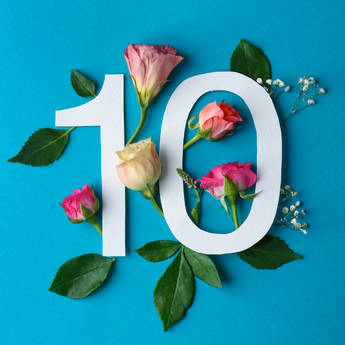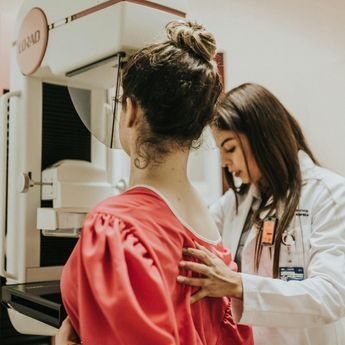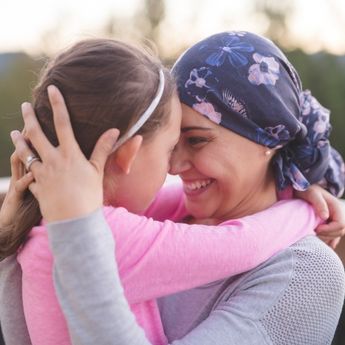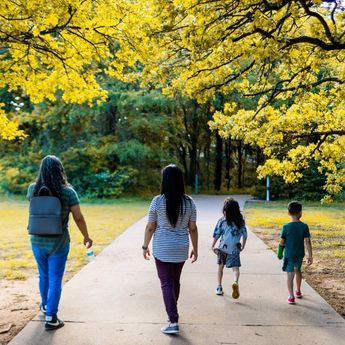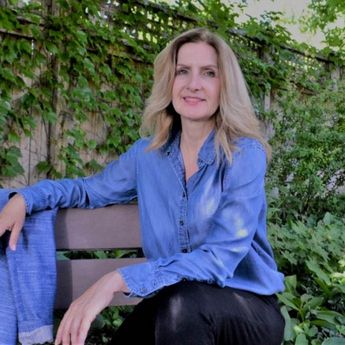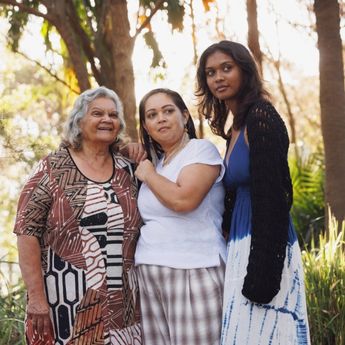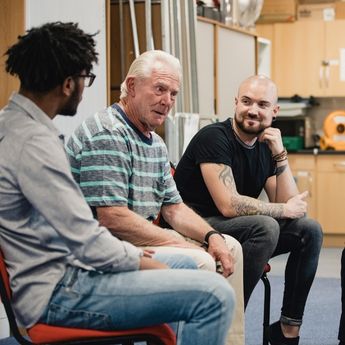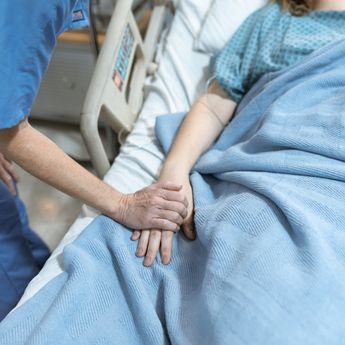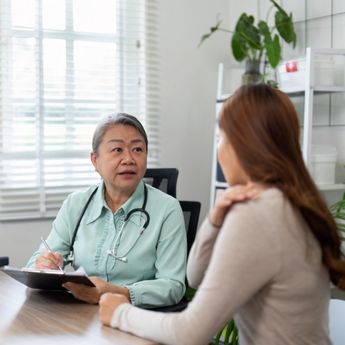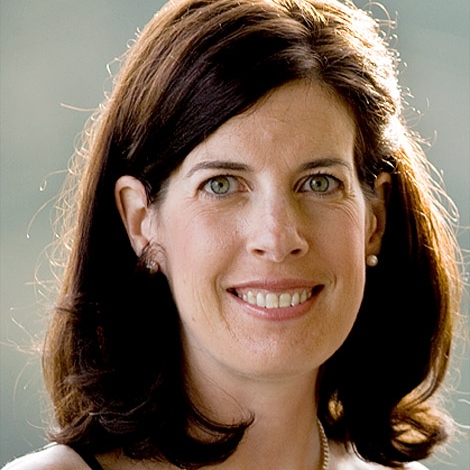By continuing to use our site, you consent to the processing of cookies, user data (location information, type and version of the OS, the type and version of the browser, the type of device and the resolution of its screen, the source of where the user came from, from which site or for what advertisement, language OS and Browser, which pages are opened and to which buttons the user presses, ip-address) for the purpose of site functioning, retargeting and statistical surveys and reviews. If you do not want your data to be processed, please leave the site.
The Voice of People With Breast Cancer
Education
Our Voices Blog
Tag : breast cancer
Assessing Eligibility to Access Genetic Testing in Canada: Jaclyn’s Access
Many aspects of healthcare access in Canada are based on where you live. Access to genetic testing for hereditary cancer is no exception. To assess and illustrate this, we reached out to our community and spoke to five women to map where they would and would not be eligible to access genetic testing in Canada in the present day. Let’s meet Jaclyn Carter and explore where she may or may not be eligible to access genetic testing for hereditary cancer in Canada.
Get Smart About Dense Breasts
This is what I used to think about my boobs before I was diagnosed with breast cancer: Perky. Full B-cups. Still look good without a bra. Pretty good descriptors, right? That’s because back then I liked my boobs. I had a happy, take-them-at-face-value relationship with them and it worked. Or at least I thought it did until I was diagnosed with breast cancer. Now, I know about and worry about all kinds of breast cancer-related things. Like, the fact that I have dense breasts.
Assessing Eligibility to Access Genetic Testing in Canada: Khalilah’s Access
Many aspects of healthcare access in Canada are based on where you live. Access to genetic testing for hereditary cancer is no exception. In the first articles of this series, we spoke to Mykah Obrigewitch and Rebecca Dahle. Today, let’s meet Khalilah Elliott and explore where she may or may not be eligible to access genetic testing for hereditary cancer in Canada.
What You Wanted to Know: Our Most-Read Blogs of 2025
From timely knowledge and practical guidance to personal perspectives and experiences, these posts sparked conversation, answered questions that were important to you, and reflected which topics our community was most interested in reading about over the past year. Here is a countdown of your favorite blogs from 2025.
What We Don’t Know (and it’s a lot), Should Know, About Canada’s Breast Cancer Screening Guidelines
How old were you when you first learned you were eligible for a mammogram? If you’re like me, that information only became clear after you found a lump of your own. And at that point, the rules and guidelines about when women can and can’t access breast cancer screening don’t feel relevant anymore—it’s too late. Except that it shouldn’t be.
Before You Ask AI About Your Health, Read This
Over the past year, something important has shifted in how people look for health information. More patients are turning to artificial intelligence (AI) tools like ChatGPT, not to replace their doctors, but to fill the long stretches of uncertainty between appointments.
Assessing Eligibility to Access Genetic Testing in Canada: Rebecca’s Access
Many aspects of healthcare access in Canada are based on where you live. Access to genetic testing for hereditary cancer is no exception. In the first articles of this series, we spoke to Mykah Obrigewitch. Today, let’s meet Rebecca Dahle and explore where she may or may not be eligible to access genetic testing for hereditary cancer in Canada.
Assessing Eligibility to Access Genetic Testing in Canada: Mykah’s Access
Many aspects of healthcare access in Canada are based on where you live. Access to genetic testing for hereditary cancer is no exception. To assess and illustrate this, we reached out to our community and spoke to five women to map where they would and would not be eligible to access genetic testing in Canada in the present day. This is Mykah's story.
The Messy, Honest Truth About Diagnosis, Recovery and the Emotions No One Talks About
I’m an open book about breast cancer. I’ve chosen to be vocal because I want to wipe out stigma, shine light on little-talked about topics and help other women feel less alone. When I was first diagnosed with breast cancer, it didn’t cross my mind that one day I’d want to share all the details about my personal experiences with cancer by writing a monthly column, but life is weird and here I am. And I’m grateful. Especially when I receive a direct message on my Instagram from a woman I don’t know, who is dealing with her own breast cancer diagnosis and looking for support.
Charting a Different Course
Jeanne lost her mother when she was 25, and her aunt also had breast cancer. When Jeanne was diagnosed with triple-negative breast cancer (TNBC), her children were still very young. In her blog, www.triplenegatif.blogspot.com, Jeanne returns to the multiple aspects of the breast: that of the woman, the mother, the sick person, then the reconstructed breast. Heredity and lineage, but also faith, are questioned in a lyrical, almost poetic and soul-searching way.
From Diagnosis to “I Do”: Finding Life After Breast Cancer
I was just 27 years old, newly engaged and planning my wedding, when I was diagnosed with HER2+ Stage 2 breast cancer. Overnight, my world shifted from picking out flowers and venues to chemotherapy appointments, surgery dates, and a treatment plan that included chemo, surgery, and radiation.
The White T-shirt in My Drawer
I remember the day vividly: as a time of solidarity with a group of friends, colleagues and survivors. It was a great day, the streets filled with incredible energy and glorious pink accessories, sunglasses, feather boas and countless women, and a few brave men, all joined in a moment of support. I proudly wore that first T-shirt not knowing that 15 years later, I would be more than a supporter—I would also be a survivor of breast cancer.
Busting Breast Cancer Myths: Breast Cancer Only Affects White Women
It would be easy to assume that breast cancer is a disease that largely affects white women. Historically, Western research in the sciences and medical fields has focused on white men and women; a widespread and deeply rooted effect of colonialism. For example, two commonly used indicators for identifying breast cancer risk, body mass index (BMI) and breast density, are largely based on white populations and may not be as accurate for Black and Asian women.
Busting Breast Cancer Myths: You Can’t Get Breast Cancer Without a Family History
Having a family history of breast cancer could mean two different things. About 5% to 10% of breast cancer cases are passed down from parent to child. Sometimes, several people in a family may have breast or other types of cancer. But even when no inherited or familial connection is found, breast cancer can still happen unexpectedly.
Busting Breast Cancer Myths: Younger People Don’t Get Breast Cancer
If you are someone under the age of 50, there are a lot of important life events that you can imagine in your future. Getting diagnosed with breast cancer is most likely not on that list of events, and for many young people, especially women, it never will be. However, there has been a growing number of younger women over the past few decades who are developing breast cancer, and researchers are trying to determine why.
Busting Breast Cancer Myths: Men Don’t Get Breast Cancer
When most people think of someone with breast cancer, they think about women. Many are surprised to find out that men can also get breast cancer. Personal stories from patients on websites show how common this myth is, and many men initially express disbelief and shock at being diagnosed with a “woman’s disease”.
My Breast Cancer Surgery
When I was 15, I ended up in hospital with a ruptured, grapefruit-sized cyst on my left ovary. Two years later, another cyst required a second surgery. Years later, in my early 30s, a perforated appendix landed me back on the operating table. So, when I was diagnosed with breast cancer and surgery became part of my treatment plan, it felt old hat.
Making Sense of Genetic Testing in Breast Cancer - Part 2: What to Expect and How to Access Testing
In Part 1, we looked at what genetic testing is and how it helps us understand breast cancer risk. Now let’s turn to the practical side: what to consider before testing, the possible results, how to get tested, and the role of genetic counsellors.
Players in Healthcare: The Municipal Government
When we think about healthcare, municipal governments might not be the first thing that comes to mind. After all, they don’t run hospitals or provide cancer treatments the way provincial and territorial governments do. But local governments shape the communities where we live, and this has a huge influence on our health and wellbeing.
Making Sense of Genetic Testing in Breast Cancer – Part 1: Understanding the Basics
Genetic testing has become an important tool in understanding breast cancer risk. Whether you’ve heard about BRCA1 and BRCA2 or are just beginning to learn about hereditary cancer, knowing the basics can help you and your family make informed choices. In this first part, we’ll explore what genetic testing is, how it works, and why it matters for breast cancer.




